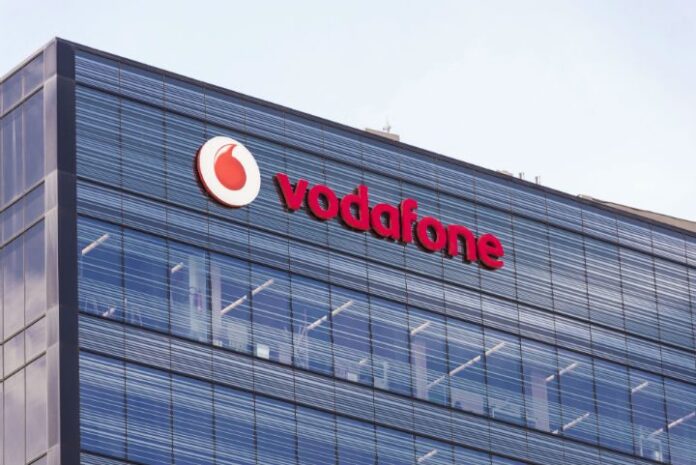Talk of Liberty Global and Vodafone swapping assets has given both companies’ stocks a boost.
On June 5, British telecommunications company Vodafone confirmed that it is in early-stage talks to trade assets with Liberty Global, the European cable and wireless operator.
Market speculation about a possible deal between the two companies has been swirling for months.
Liberty Global’s stock has climbed by 7.2% since company Chairman John Malone said in a May interview that the two companies would make a “great fit.” Liberty Global’s shares closed at $55.96 on June 16 compared with $51.94 on May 18. Meanwhile, Vodafone’s stock was up 3.2%, closing at $36.52 on June 16 compared with $35.35 on May 18.
Both companies have significant operations in Germany, the Netherlands and Britain. Antitrust regulators, however, may force Liberty Global and Vodafone to sell off assets if they agree to a deal, according to a New York Times report.
Vodafone’s assets in Europe are primarily in wireless, which would complement Liberty Global’s broadband services in the region.
But analysts said it was not likely that Liberty Global would want control over Vodafone’s sizable operations in emerging markets like India and South Africa where it does not have operations.
The two most important countries for both companies – where they overlap – are Britain and Germany, according to analysts and sector bankers. They also both operate in Ireland, the Netherlands, Czech Republic, Hungary and Romania.
“Whilst talks might yet lead to a full combination with Liberty, an asset swap would allow both parties to boost their respective positions in converging markets, and could still lead to a full combination over time,” analysts at Deutsche Bank were quoted by Reuters as saying.
Liberty Global, which has operations in 12 European countries, has a market capitalization of $46 billion, while Vodafone’s is $102 billion.
An industry banker also told Reuters that he believed Vodafone’s primary motivation was to acquire Liberty’s U.K. arm, Virgin Media, while the main attraction for Liberty is Vodafone’s German business.
“This deal is about swapping U.K. with Germany. Nothing else is relevant,” the banker was quoted as saying.
Analysts also speculated that Vodafone could sell its British and Dutch operations in exchange for Liberty’s German business.
Accendo Markets analyst Augustin Eden cautioned that a merger could still be on the table in the future.
“One has to wonder whether this is somewhat of a warm-up act for a heightened display of affection between the U.K. mobile operator and Europe’s biggest cable company,” he said in a research note.
The proposed deal is representative of the consolidation trend that’s currently playing out as a number of large telecom operators look to expand into TV and broadband markets.
The Wall Street Journal reported in early June that merger talks between T-Mobile US and Dish Network were in the “formative stage.”
Meanwhile, AT&T is awaiting approval for a $49 billion deal with DirectTV that it hopes will help it become a leading mobile, video and broadband content provider.
Sprint recently absorbed Radio Shack to improve its brick-and-mortar reach across the country and Verizon became a cable provider with the launch of Verizon FiOS.

